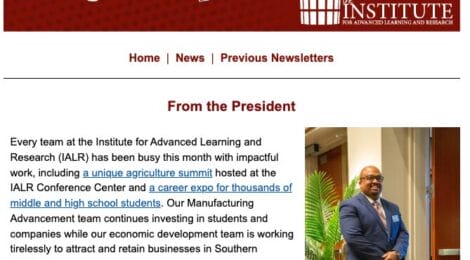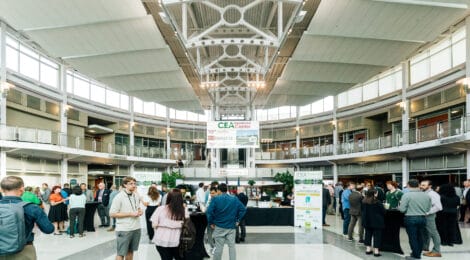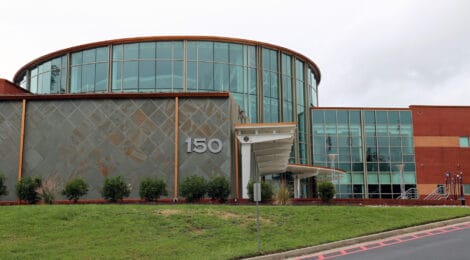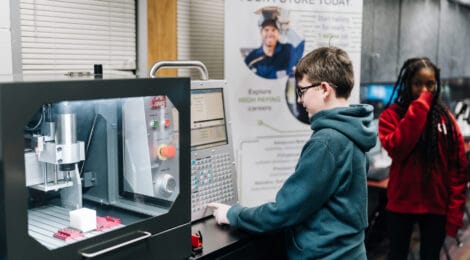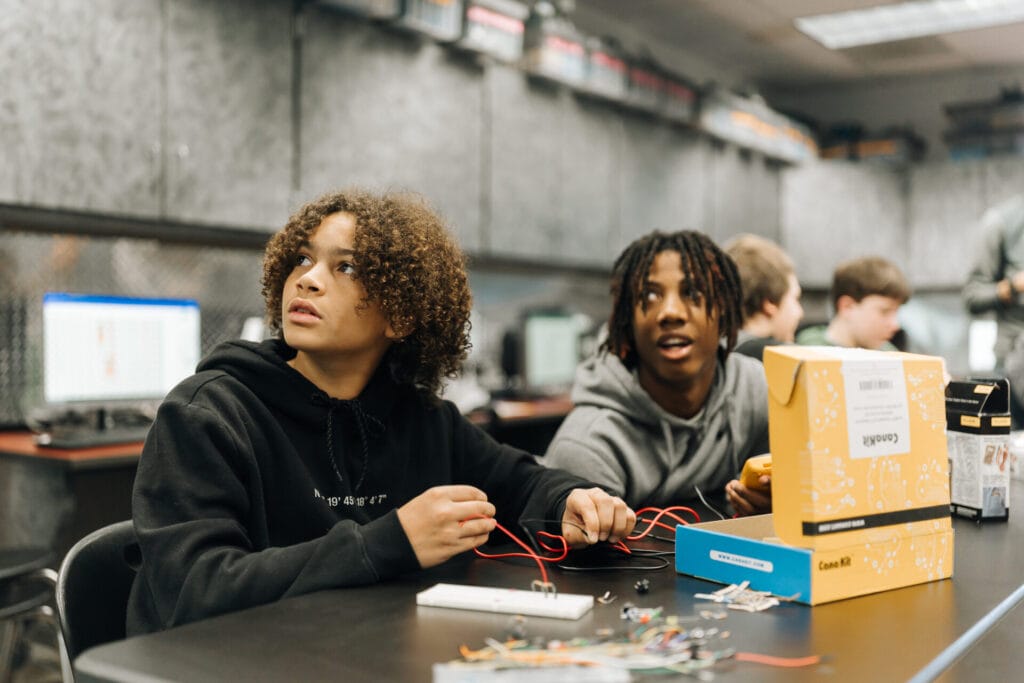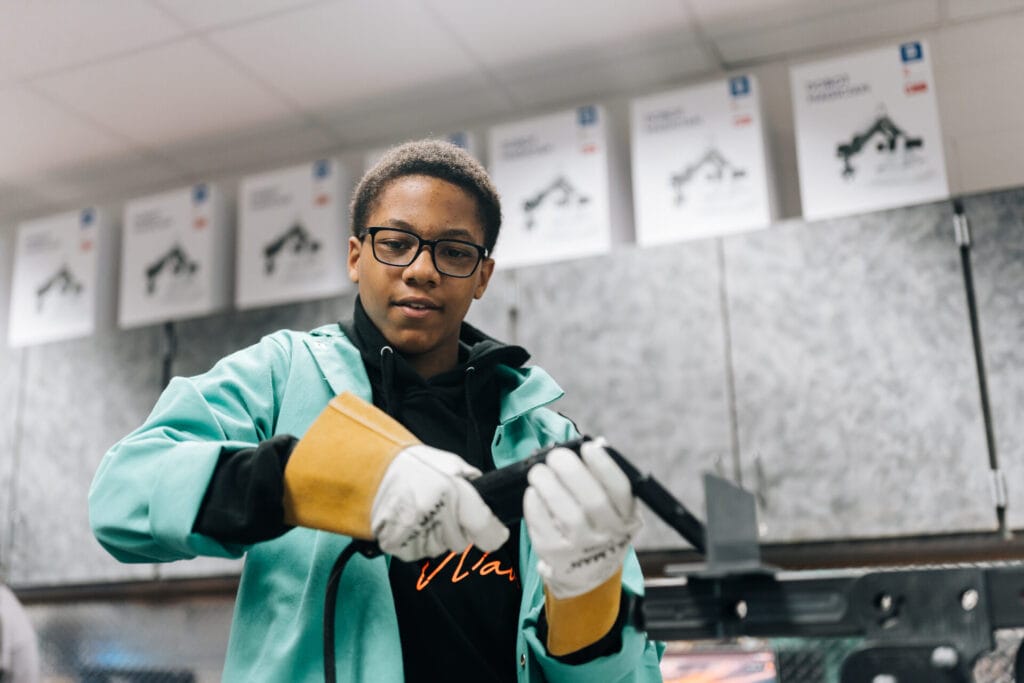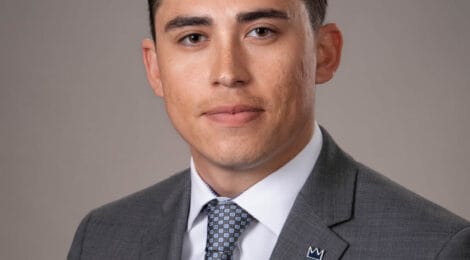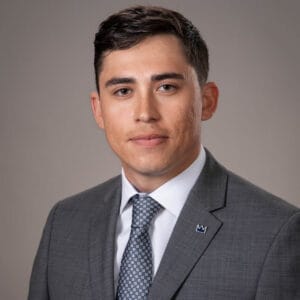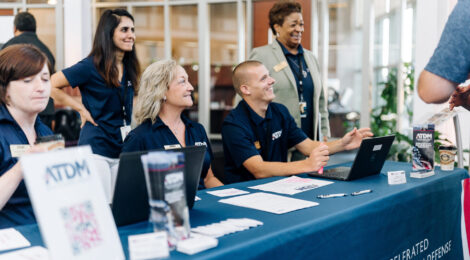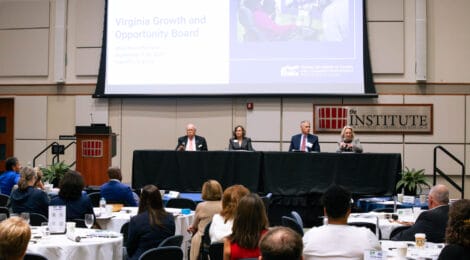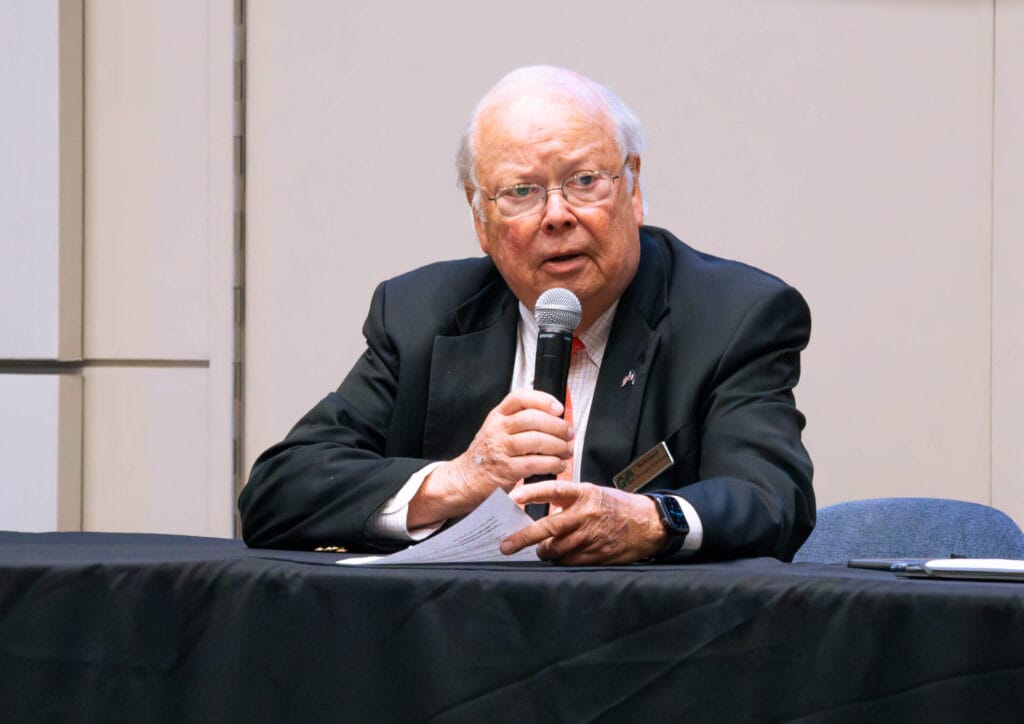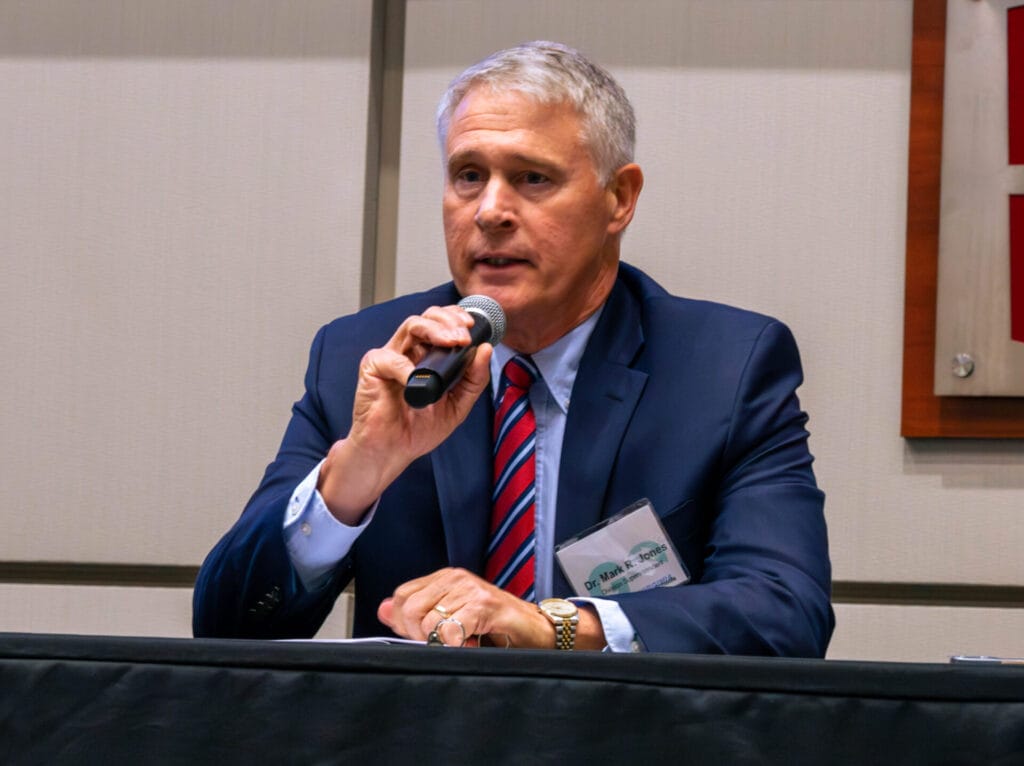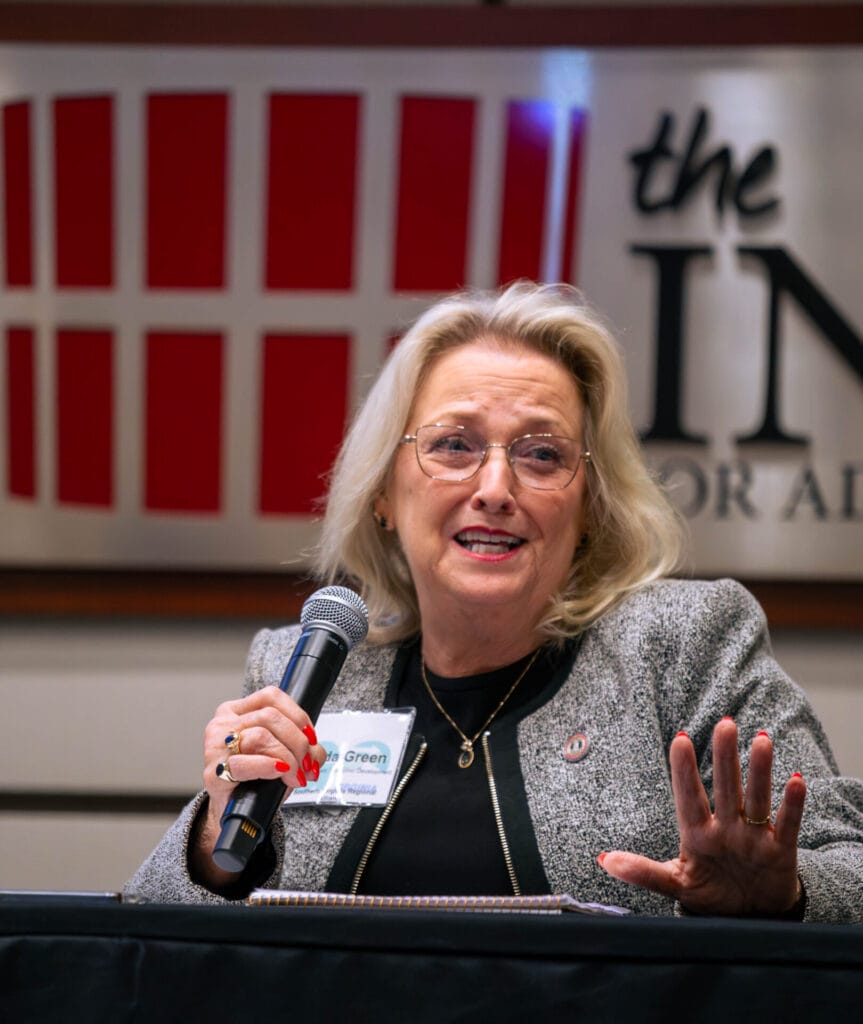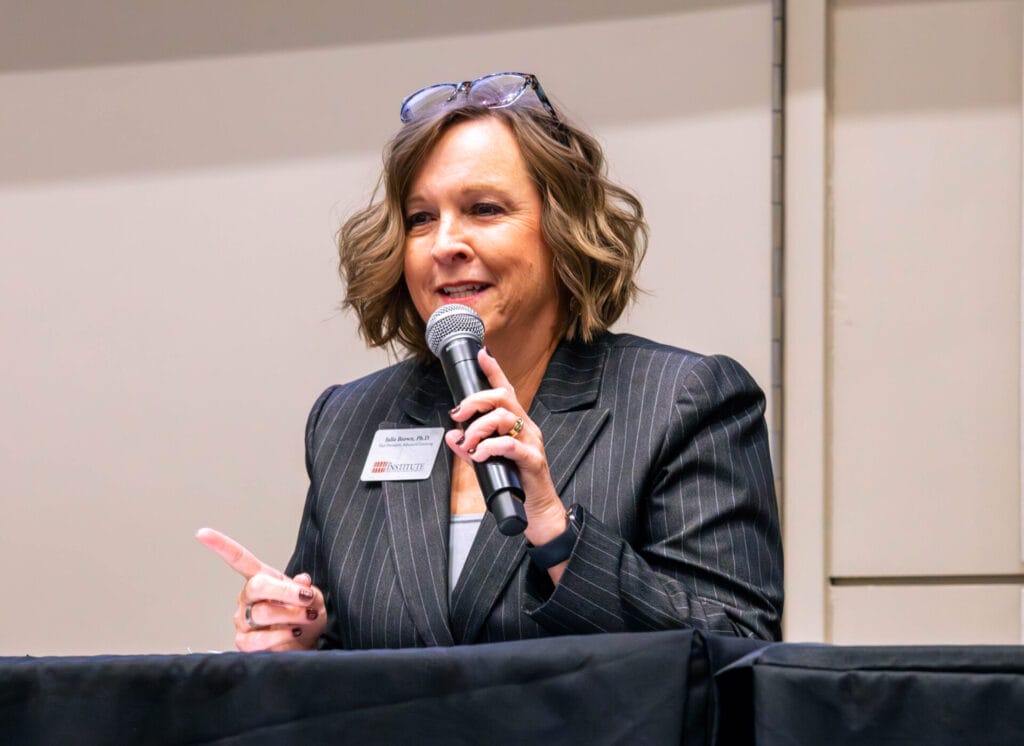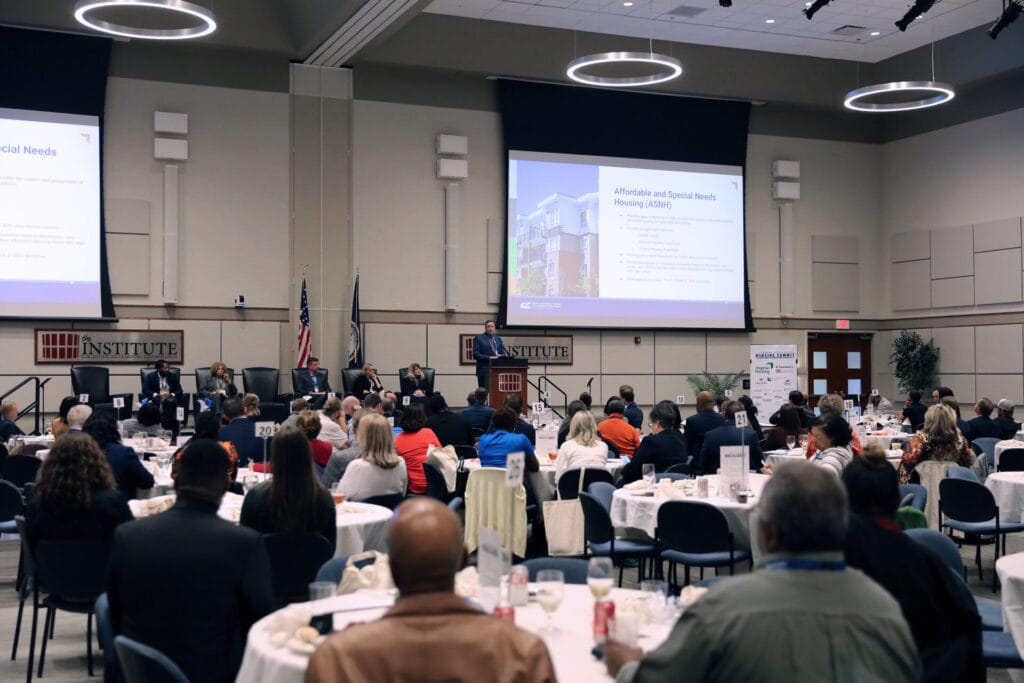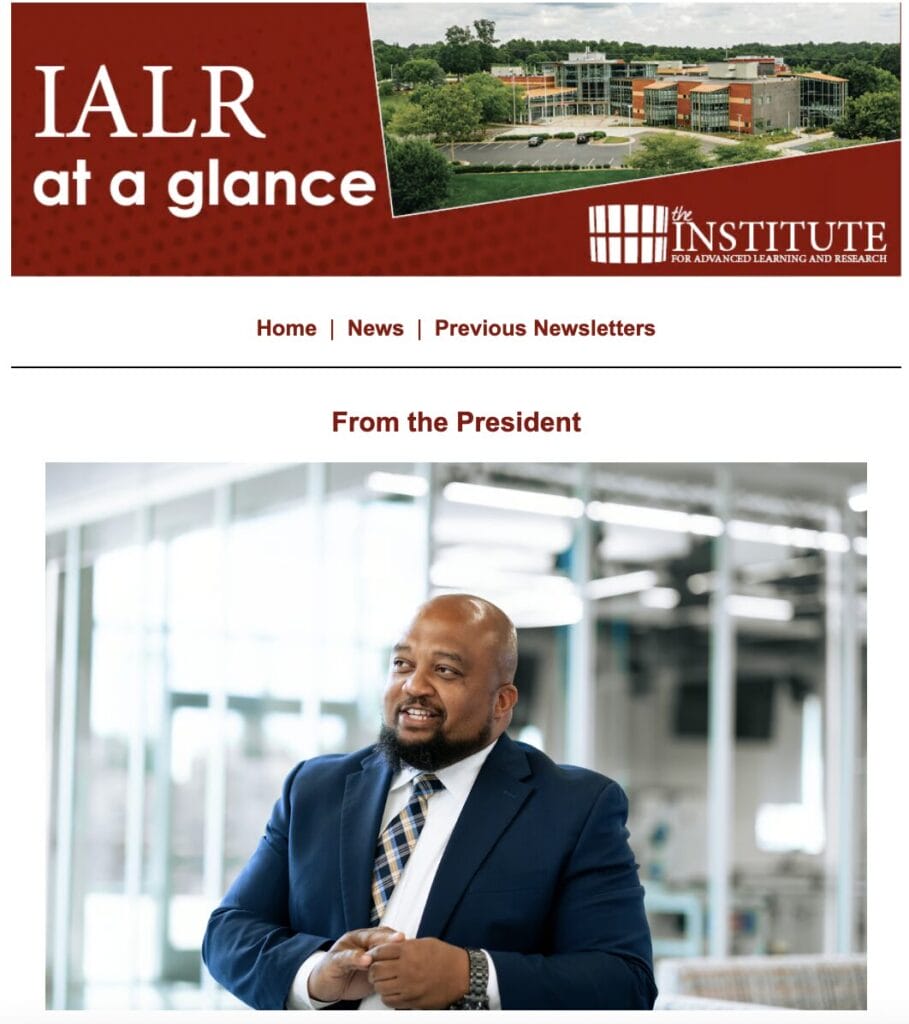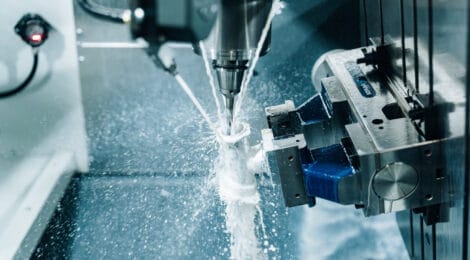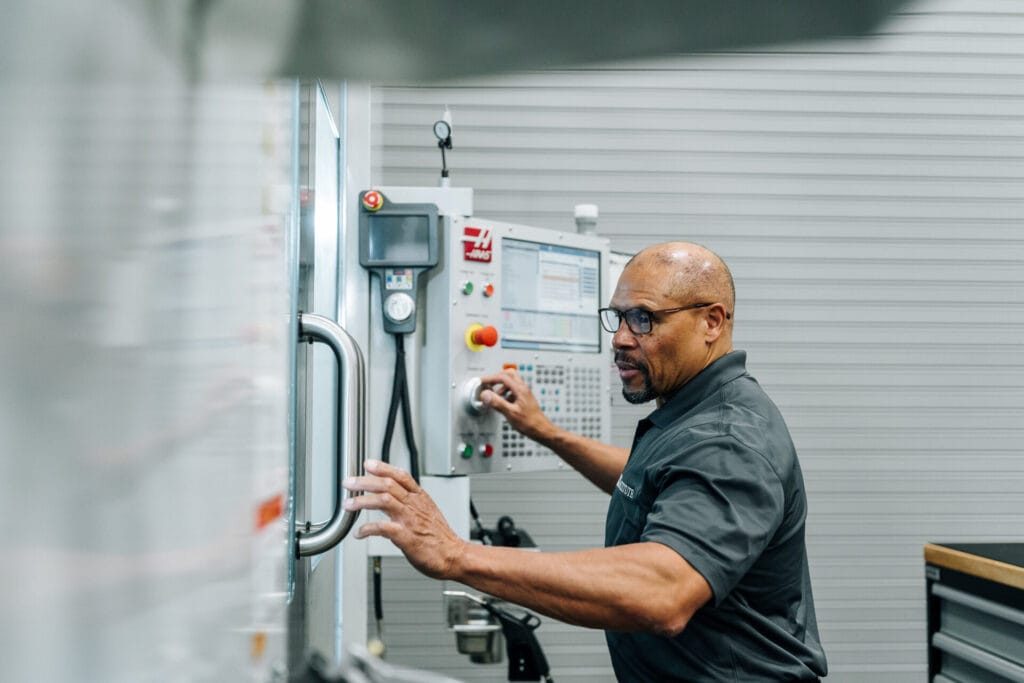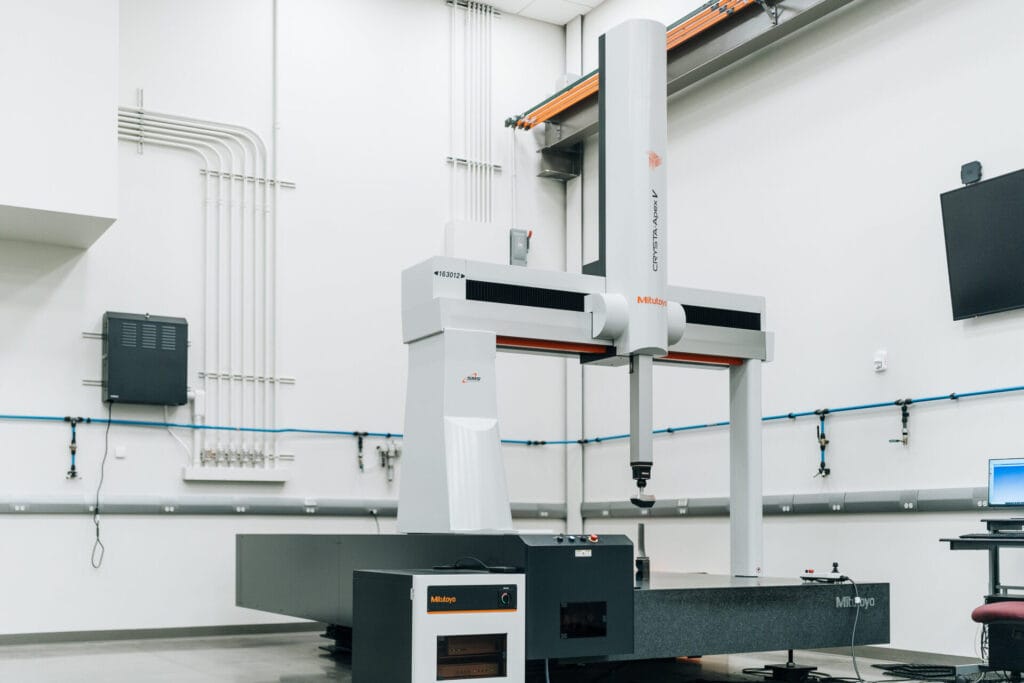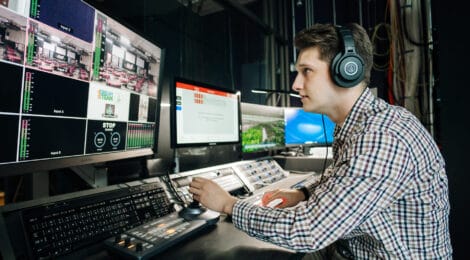New College Institute (NCI) and The Institute for Advanced Learning and Research (IALR) are excited to host “Beyond the Traditional: Expanding Apprenticeship Opportunities in Emerging Industries” on Tuesday, November 19, 2024, for National Apprenticeship Week (NAW). This event will be held from 10:00 AM – 12:00 PM at New College Institute’s Baldwin Building, located at 191 Fayette Street, Martinsville, VA 24112.
 Employers will learn about opportunities for Registered Apprenticeship in emerging industries like hospitality and healthcare, as well as discover how virtual reality technology can enhance training by using the virtual reality training equipment available at NCI.
Employers will learn about opportunities for Registered Apprenticeship in emerging industries like hospitality and healthcare, as well as discover how virtual reality technology can enhance training by using the virtual reality training equipment available at NCI.
“Apprenticeship is increasingly being recognized as an effective workforce strategy across a variety of nontraditional sectors, including healthcare and hospitality,” said Natori Neal, Apprenticeship Coordinator, IALR. “This event aims to highlight how Registered Apprenticeship can open doors in these industries, providing participants with an interactive look at how innovative training approaches like VR simulations can prepare them for success.”
IALR administers the Expanding Talent through Registered Apprenticeship (ExTRA) program, which supports the creation and implementation of apprenticeship programs for employers.
The Piedmont Regional Criminal Justice Training Academy (PRCJTA) will demonstrate the MILO Range Theater simulator, which gives trainees a fully immersive and realistic training environment with its 180° field of view. Because of its size, trainees interact from all directions, allowing them to respond to multiple conflicts and apply proper tactics simultaneously. With just the click of a button from the instructor’s computer, each scenario can be played out in multiple different ways depending on the trainee’s responses.
NCI and PRCJTA allow employers to use the MILO Range Theater simulator for de-escalation training that can be incorporated into a Registered Apprenticeship program. For just $100, groups of 4-10 trainees can participate in a four-hour training course where they will receive an overview of the scenario, receive hands-on training, participate in simulation exercises, and debrief what they’ve learned. This simulator offers real-life training scenarios and provides the option to film and create your own scenarios.
“We partnered with the Piedmont Regional Criminal Justice Training Academy to bring the MILO Range Theater Simulator to NCI for law enforcement training, but other organizations can greatly benefit from this training as well,” exclaimed Joe Sumner, Executive Director for NCI. “If there isn’t already a scenario uploaded into the system that fits an employer’s needs, we can create personalized scenarios for organizations who need particular training in a specific facility.”
Registration is required to attend the event.
About New College Institute: New College Institute (NCI) is a premier educational institution located in Martinsville, Virginia. NCI offers a wide range of academic programs, professional development opportunities, and community engagement initiatives. The Institute is dedicated to empowering individuals and transforming communities through accessible, innovative, and high-quality educational opportunities.
About The Institute for Advanced Learning and Research: The Institute for Advanced Learning and Research serves Virginia as a regional catalyst for economic transformation with applied research, advanced learning, manufacturing advancement, conference center services and economic development efforts. IALR’s major footprint focuses within Southern Virginia, including the counties of Patrick, Henry, Franklin, Pittsylvania, Halifax and Mecklenburg, along with the cities of Martinsville and Danville.



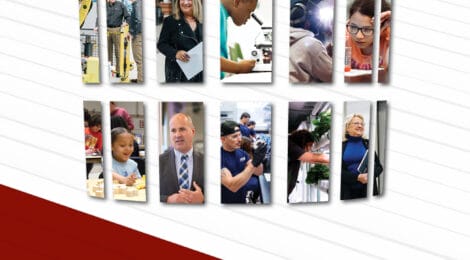
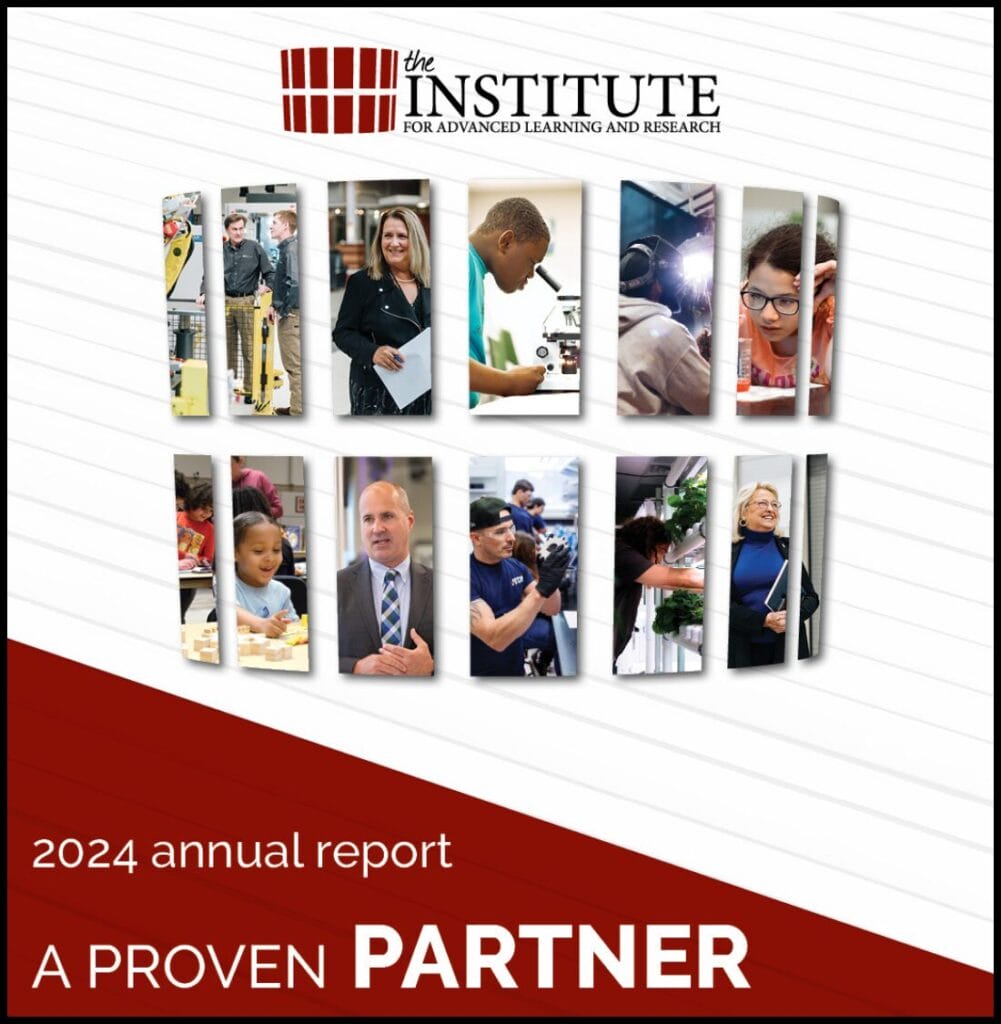
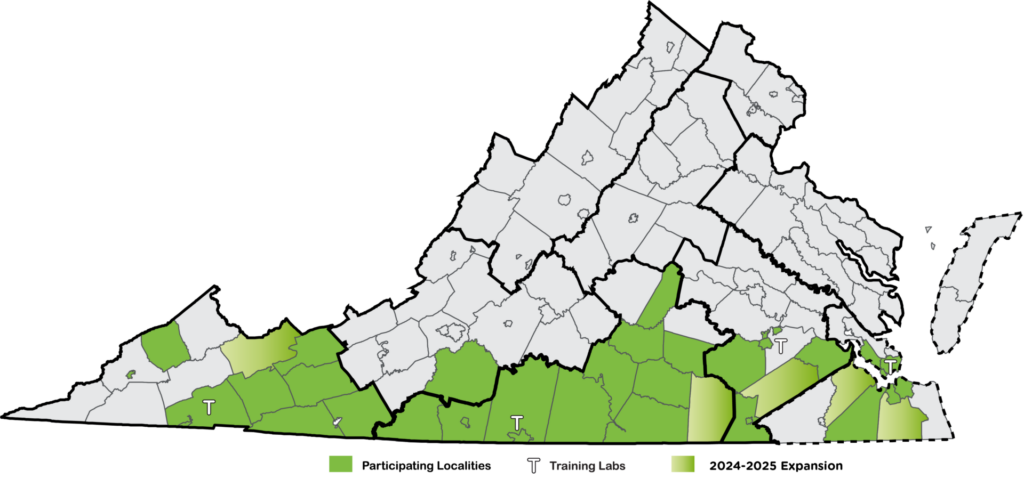
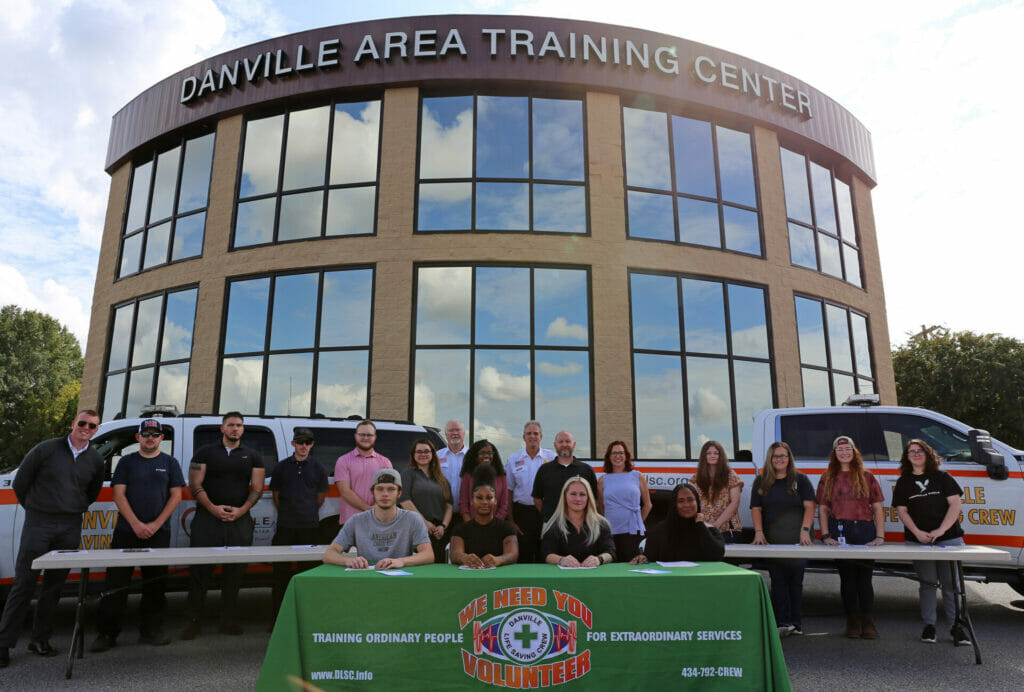
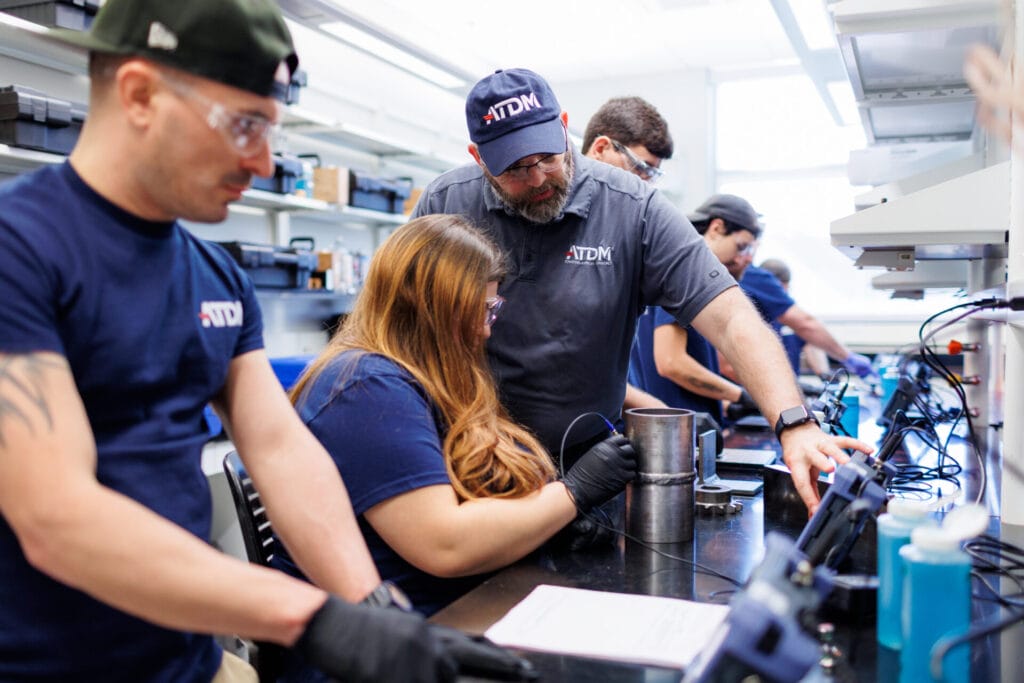
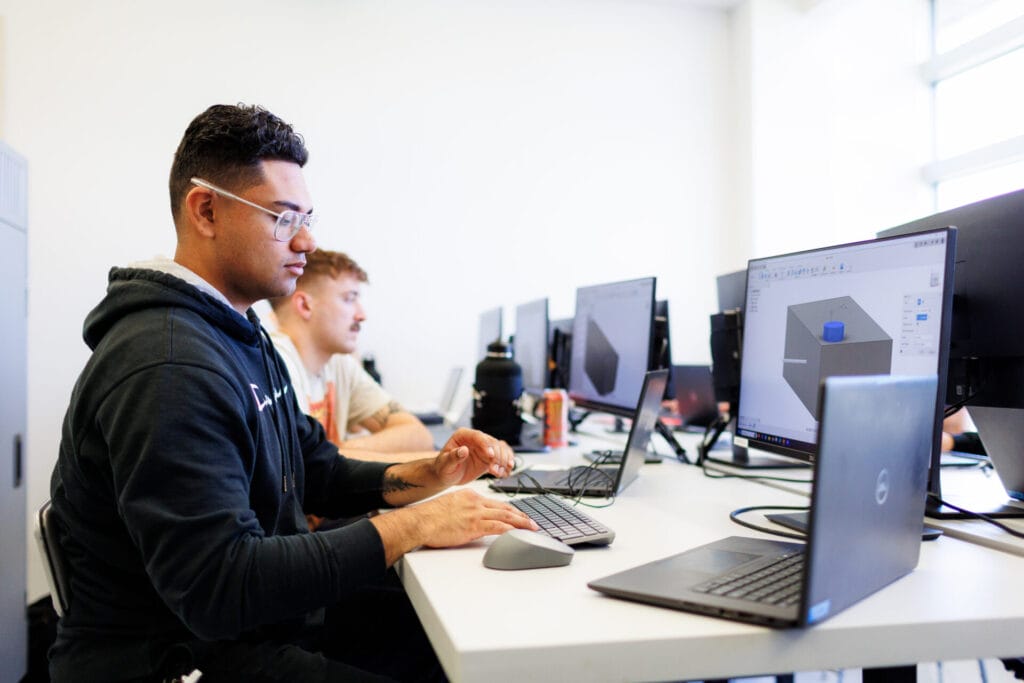
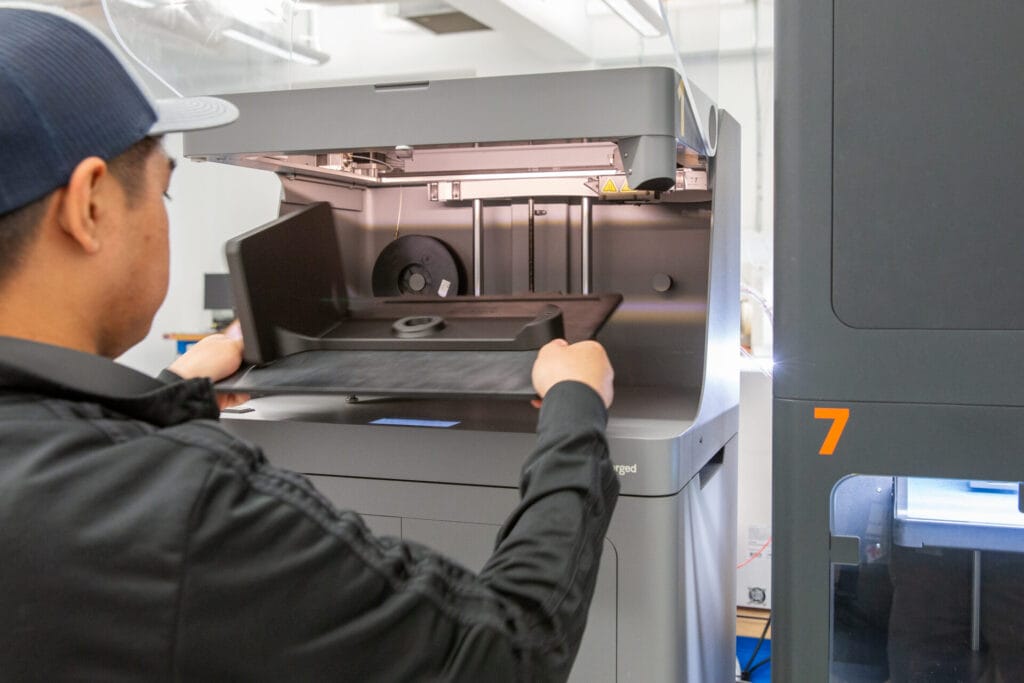
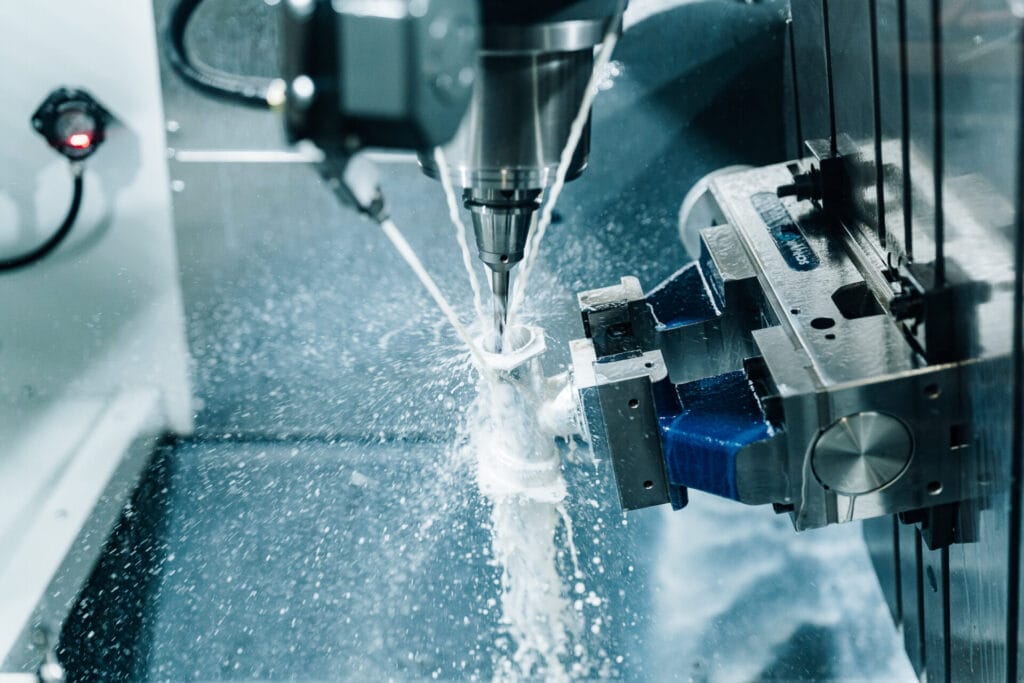
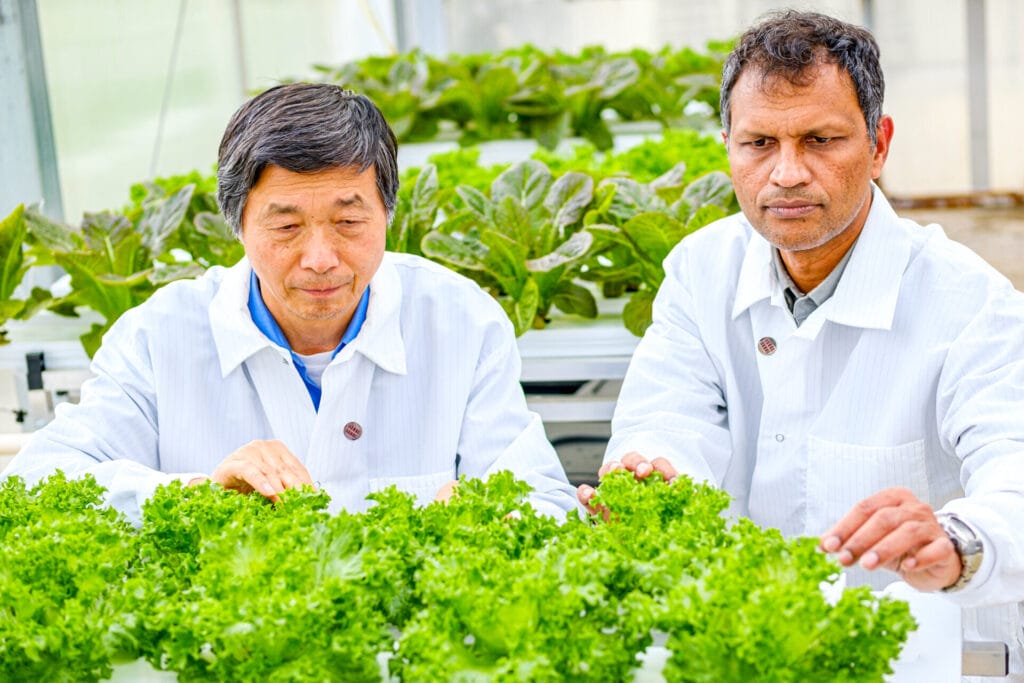
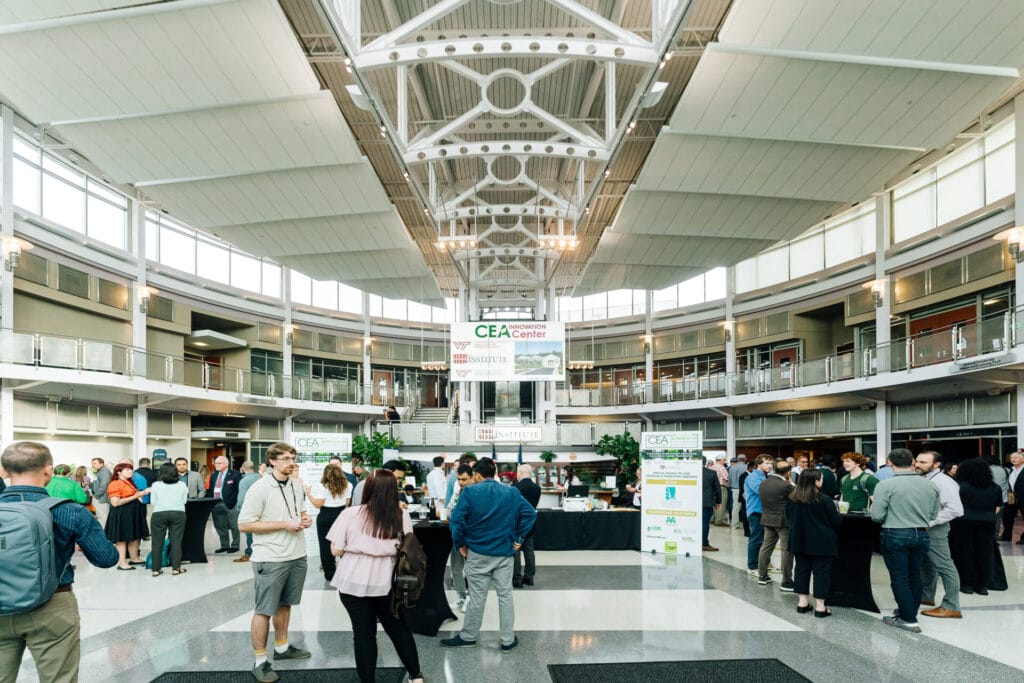
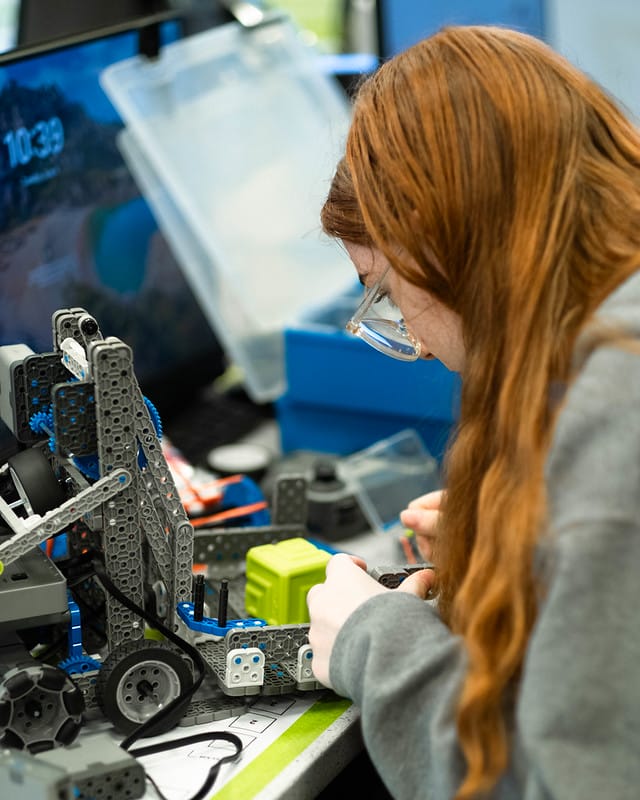
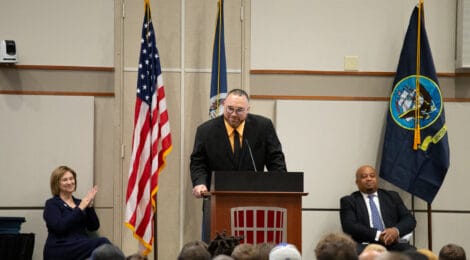

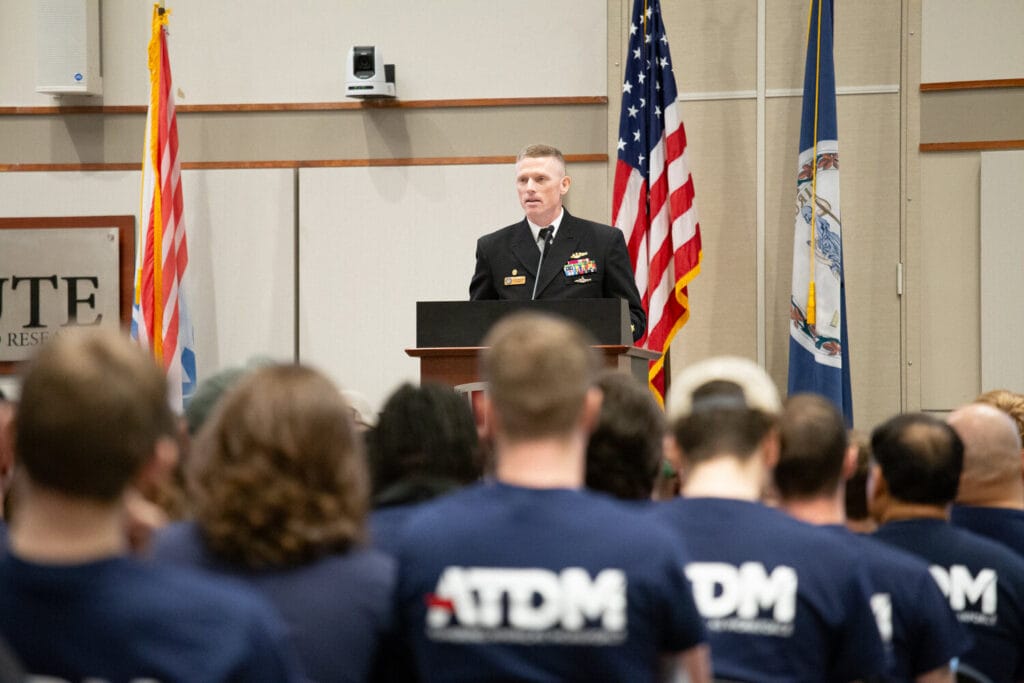
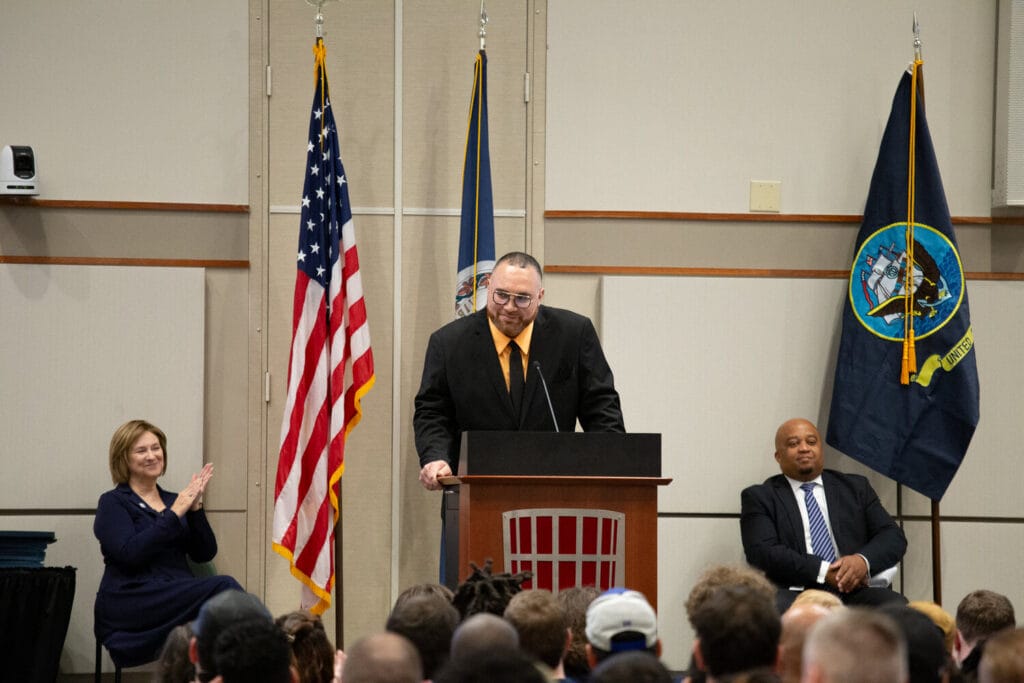
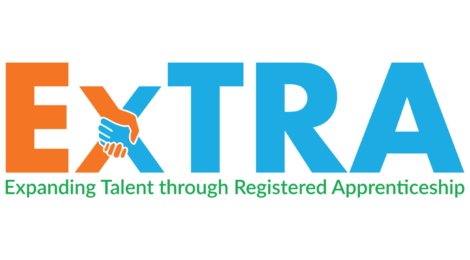


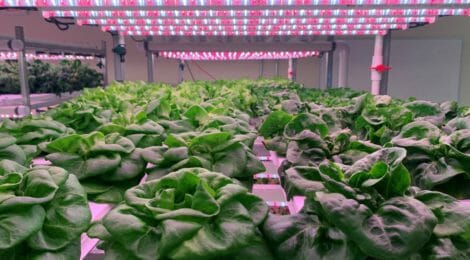
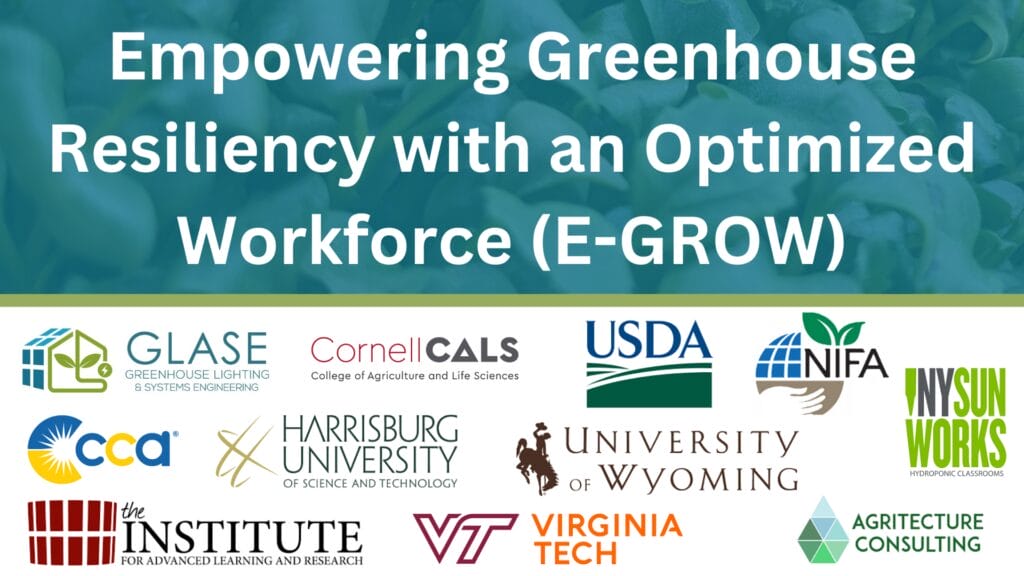
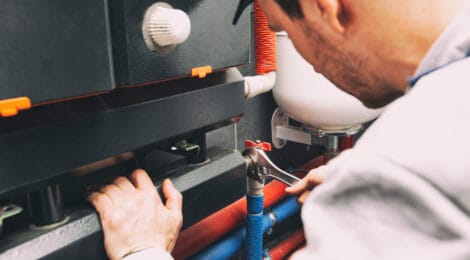




 Russell’s experience includes serving as Deputy Chief Information Officer and Chief Information Security Officer at Winston-Salem State University, where he managed the university’s IT infrastructure and security programs. In 2023, Cyber Defense Magazine recognized him as one of the Top Global CISOs. He has held numerous leadership roles across diverse industries, including healthcare, higher education, manufacturing and the U.S. Army. His expertise includes information security, risk management, IT operations and strategic planning.
Russell’s experience includes serving as Deputy Chief Information Officer and Chief Information Security Officer at Winston-Salem State University, where he managed the university’s IT infrastructure and security programs. In 2023, Cyber Defense Magazine recognized him as one of the Top Global CISOs. He has held numerous leadership roles across diverse industries, including healthcare, higher education, manufacturing and the U.S. Army. His expertise includes information security, risk management, IT operations and strategic planning.